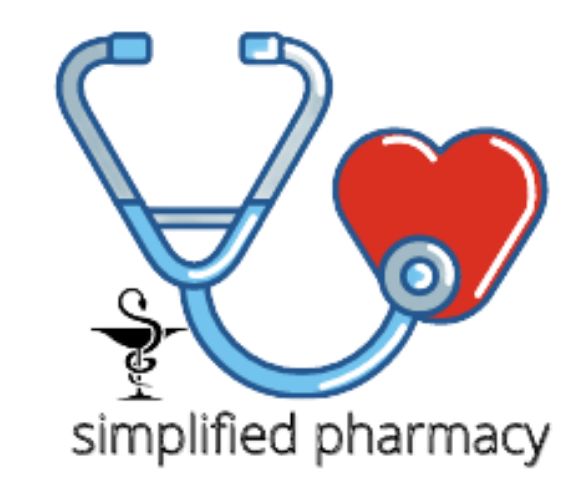
For individuals with heart conditions, especially those placed on anticoagulants, understanding how anticoagulants and beverages can interact with their medications is vital. Anticoagulants, often referred to as blood thinners, are essential in preventing blood clots that could lead to heart attacks or strokes. Among heart patients, those with Atrial Fibrillation (AF) are particularly advised to take anticoagulants.
Atrial Fibrillation and Anticoagulants
Atrial Fibrillation (AF) is the most common type of irregular heartbeat, known as cardiac arrhythmia. In AF, the heart’s upper chambers beat irregularly, affecting blood flow and increasing the risk of blood clots. These clots can cause strokes and transient ischemic attacks (TIAs), often referred to as “mini-strokes.” Patients with AF may experience a return to normal heart rhythm, or doctors may use electrical shocks to restore regular rhythm. In cases where these methods are ineffective, anticoagulants become crucial to prevent complications.
Beverage Interactions and Medications
Certain beverages can interact with anticoagulant medications, potentially impacting their effectiveness. Here are key considerations:
1. Alcohol’s Effect on Anticoagulants
For heart patients on anticoagulants, alcohol consumption requires caution. Excessive alcohol intake can alter medication metabolism and lead to complications like bleeding. Consulting healthcare providers about safe alcohol levels while on anticoagulant therapy is advised.
2. Grapefruit Juice and Medication Metabolism
Grapefruit and its juice contain compounds that affect medication metabolism. Interactions with certain anticoagulants can lead to higher drug concentrations in the bloodstream. Heart patients should be wary of grapefruit juice and explore alternative options to prevent unfavorable interactions.
3. Green Tea’s Vitamin K Content
Green tea, praised for its health benefits, contains vitamin K, which plays a role in blood clotting. Heart patients on anticoagulants that interact with vitamin K, like warfarin, should be cautious with green tea consumption. Excess vitamin K intake from green tea might counteract medication effects.
4. Cranberry Juice and Medication Performance
Cranberry juice, known for its urinary tract benefits, contains compounds that can affect medication performance. Interactions may alter drug processing, leading to inconsistent medication levels. Heart patients should discuss cranberry juice consumption with their healthcare providers.
Safe Strategies for Heart Patients
To ensure safety and effectiveness, heart patients on anticoagulants should consider the following strategies:
1. Open Communication with Healthcare Providers
Discussing beverage habits with healthcare providers is crucial. Open dialogue helps receive personalized advice on safe beverage consumption and potential interactions.
2. Maintain Consistency
Consistency in beverage choices is vital for heart patients on anticoagulant therapy. Sudden changes can impact medication effects. Staying consistent empowers patients to manage their treatment effectively.
3. Informed Decision-Making
Understanding medication-beverage interactions empowers heart patients to make informed choices. Knowledge of potential risks allows individuals to select beverages that align with treatment goals.
4. Promptly Address Concerns
Any unusual symptoms or adverse effects after consuming beverages while on anticoagulant therapy should be communicated promptly to healthcare providers. Timely discussions can identify emerging issues and lead to necessary adjustments.
Conclusion
For heart patients relying on anticoagulants, being mindful of beverage interactions is essential for safe and effective treatment. Open communication with healthcare providers, maintaining consistency in beverage choices, staying informed about medication interactions, and addressing concerns promptly are proactive steps toward managing anticoagulant therapy successfully. By taking these precautions, heart patients can prioritize their well-being while enjoying a balanced lifestyle.
Read my book to find more details!
DISCLAIMER
All content and information on this website are for informational and educational purposes only.
It does not constitute medical, psychological, or health advice of any kind and we do not warrant that the information presented herein is free of any errors or omissions.
We are not providing medical, health care, nutrition therapy, or coaching services to diagnose, treat, prevent or cure any kind of physical ailment, or mental or medical condition.
Although we strive to provide accurate general information, the information presented here is not a substitute for any kind of professional advice, and you should not rely solely on this information.
Always consult a professional in the medical and health area for your particular needs and circumstances before making any medical or health-related decisions.
What to read next?
https://simplifiedpharmacy.com/blog/
